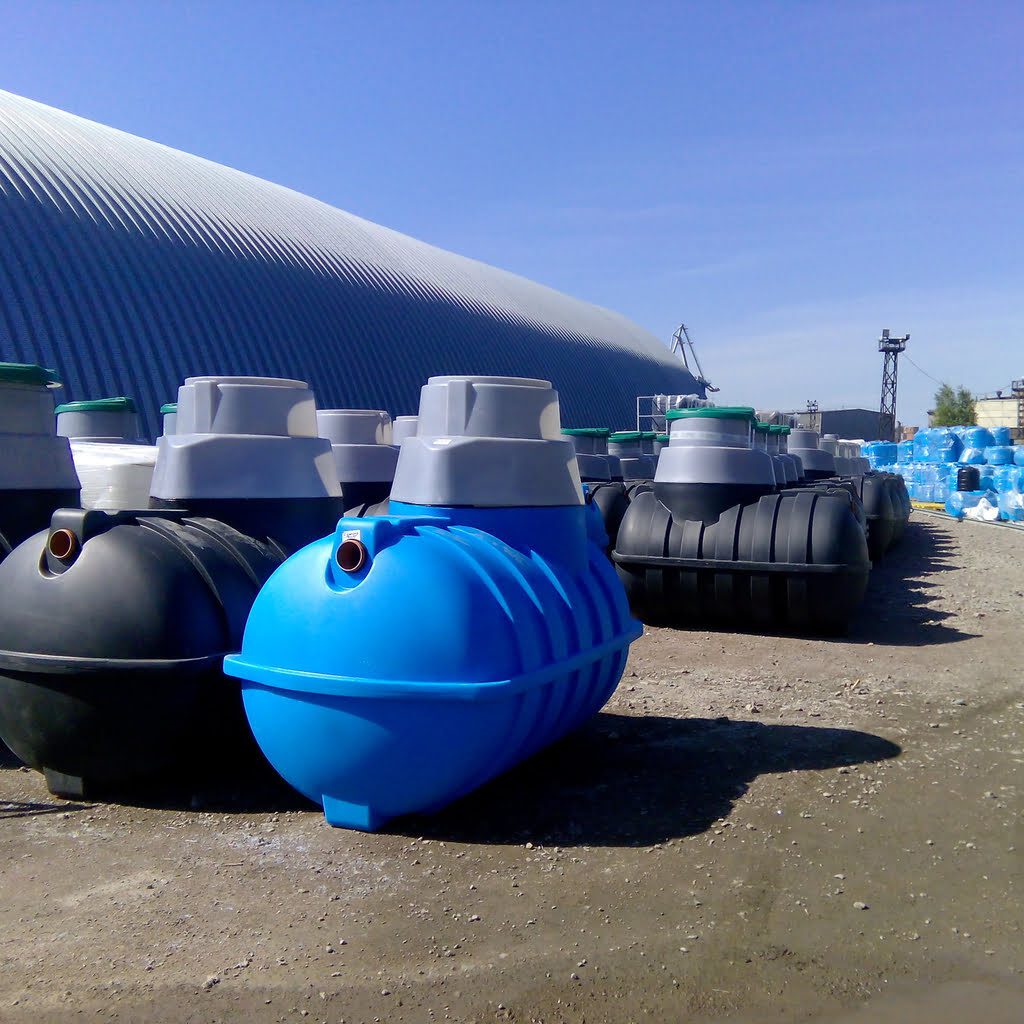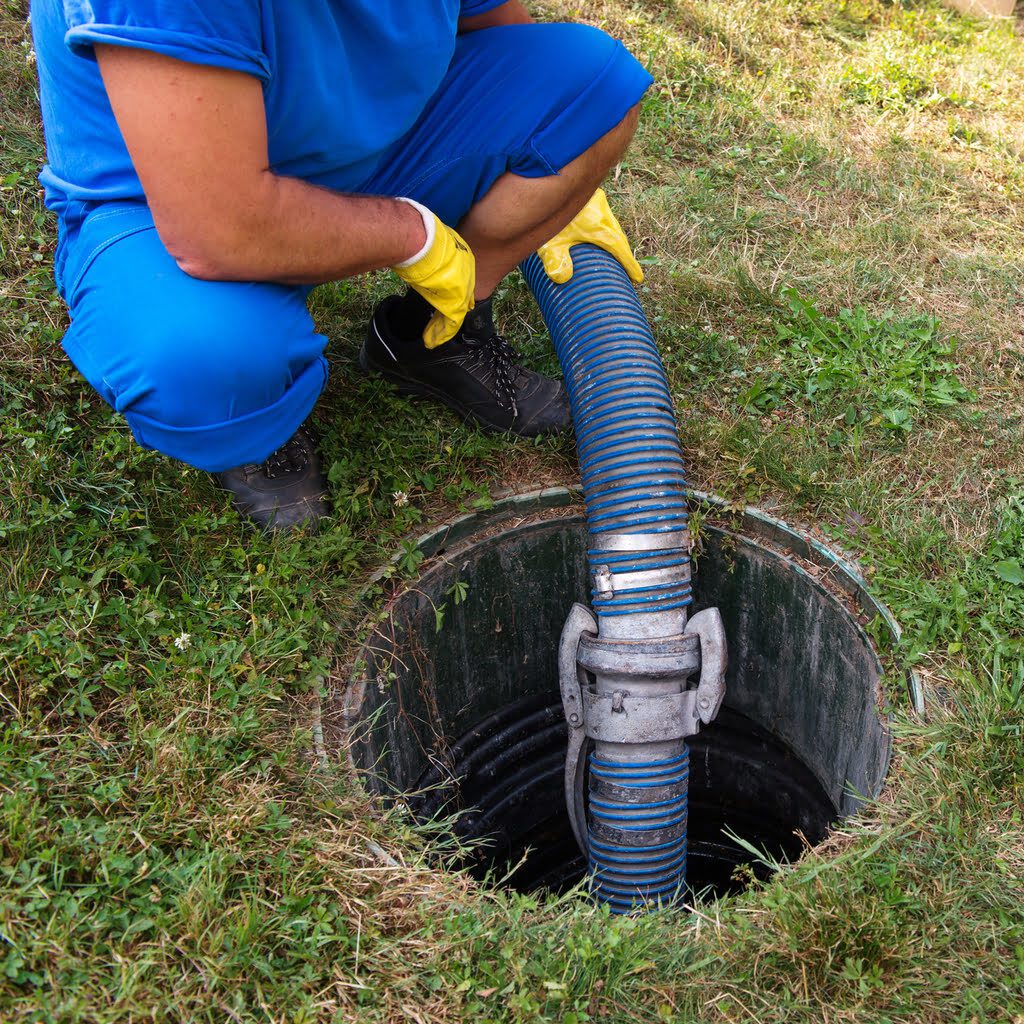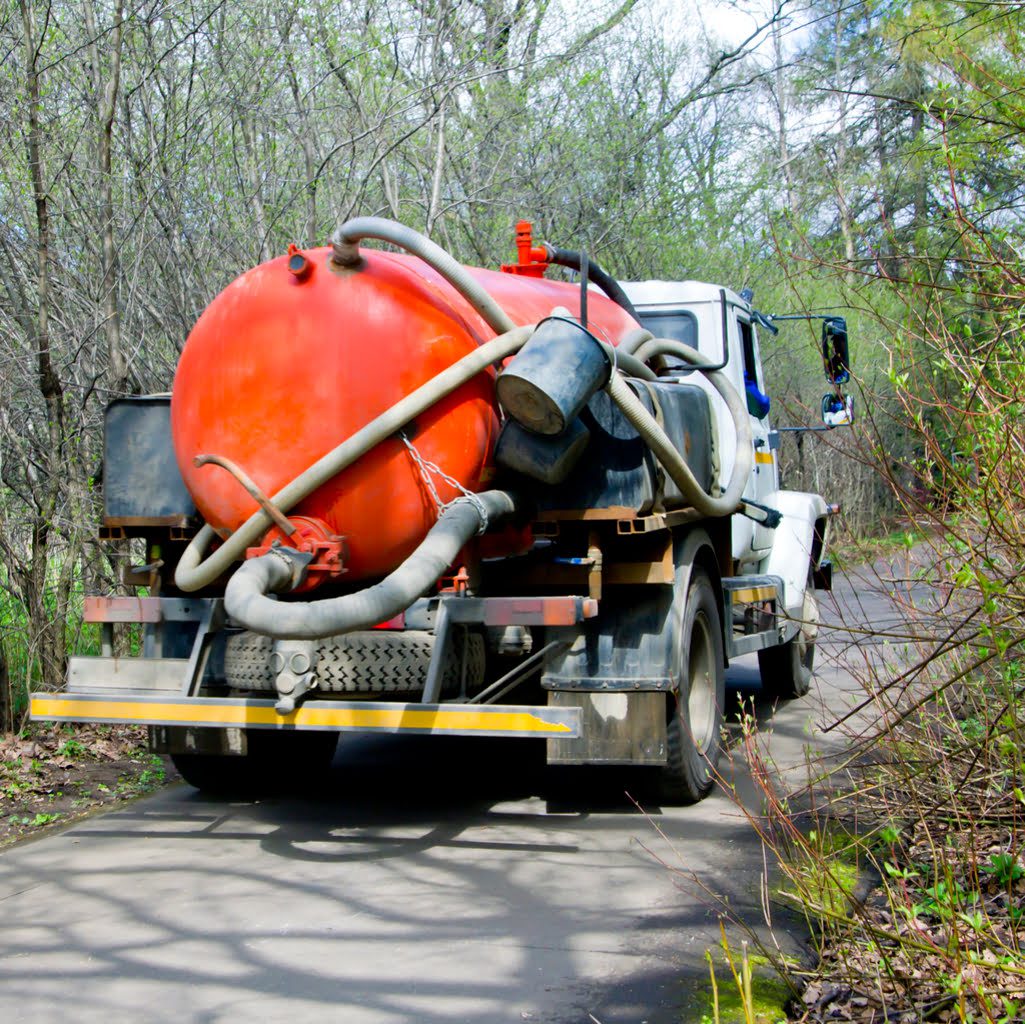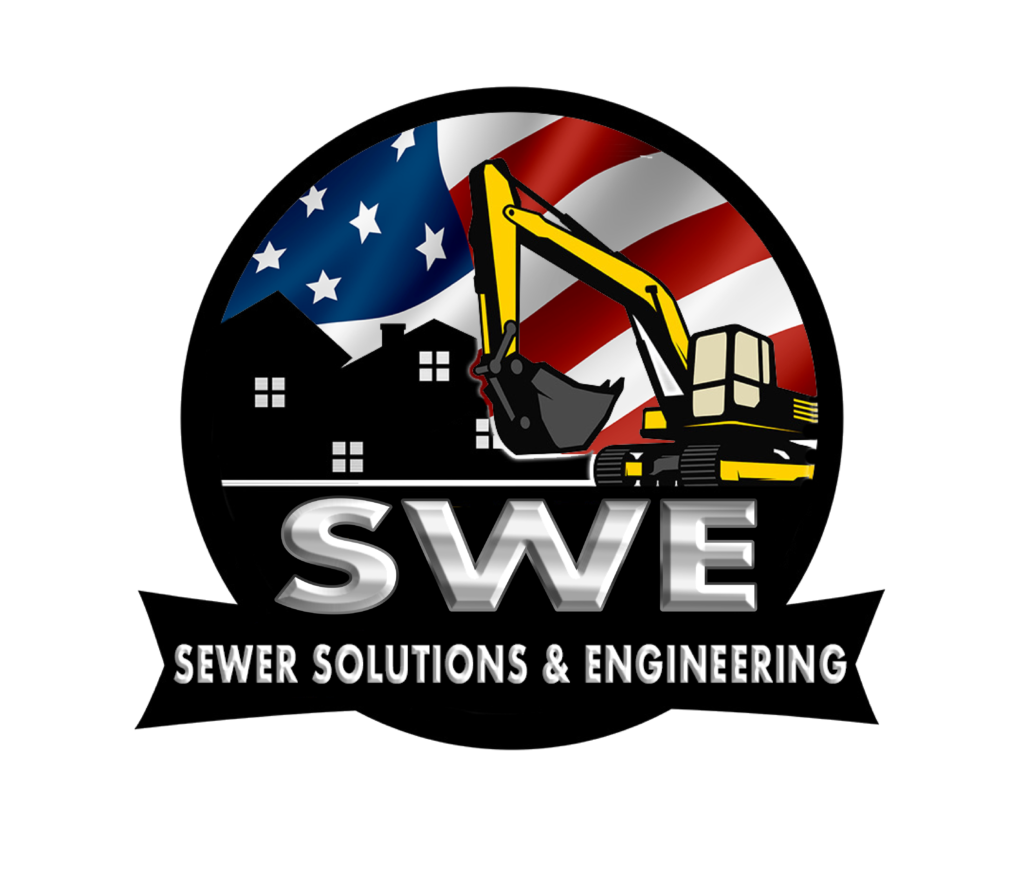Upgrade Your Home's Plumbing—Switch from Septic to Sewer!
Long-Term Results: A septic to sewer conversion provides a lasting upgrade, reducing costly repairs, preventing system failures, and improving your home’s plumbing longevity.
Improved Plumbing Performance: Say Goodbye to Septic Limitations. No more worrying about backups, slow drains, or septic tank overflows. Enjoy a hassle-free system with consistent, efficient drainage that handles your household’s water needs with ease.
Safe and Efficient Process: Expert Septic to Sewer Conversions Done Right Professionals use advanced tools and proven techniques to complete your septic to sewer conversion safely and efficiently.
Schedule Service in 3 minutes | No Credit Card Required | Enjoy Fast, Hassle-free Solution
Why Pay a Fortune to Ditch Your Septic - Switch for Less!
Don’t let an outdated septic system disrupt your life—choose our expert septic to sewer conversion services for a smooth, hassle-free upgrade that keeps your home running efficiently!
Septic’s a Pain? Make the Switch—Solutions Without a Hitch!

Monica M. | Homeowner
Nick & his team were very responsive in resolving my issue. I appreciate the consistent communication throughout the process and great customer service!
Schedule Service Online
Easy as 1-2-3
Our Reputation Runs Deep!
Septic to Sewer Conversion
The local public works department will generally maintain the sewer system in cities and towns. In areas where the local sewer system does not serve the neighborhood, homes use a septic system for their wastewater treatment. Redirecting your household drains from your septic system to the public works is not difficult, but it can be expensive.
Septic vs Sewer
When it comes to septic systems vs sewer systems, there are many things to consider. Which one is right for your home? What are the benefits of each? Here, we will outline the pros and cons of septic and sewer systems, so that you can make an informed decision about which is better for your situation and whether you should consider septic to sewer conversion.
Septic systems are private sewer systems that use a septic tank to treat wastewater before releasing it back into the ground and into the drain field. Septic tanks work by breaking down the waste using bacteria, then the water is released into the ground.
One advantage of septic systems is that they are relatively affordable to install and maintain. However, installing a new septic system may require some construction work. Additionally, septic systems do not require a connection to the municipal sewer system, so they are the best and possibly the only option for rural homes that don’t have access to public sewer lines.
However, septic systems have some disadvantages as well. One is that septic tanks need to be pumped regularly in order to keep them working properly – this can be an expensive and inconvenient task. Additionally, septic systems can become overloaded and cause wastewater to seep back up into the home or pollute the groundwater. These tanks also require periodic maintenance, and homeowners will need to pay for this service.
Home Septic to Sewer Conversion
The conversion process of your home from a private septic system into a municipal sewer system should be straightforward. A licensed plumber contractor digs up the waste pipe drain connecting the house and the septic tank and reroutes the line. The city will typically connect the new pipes to the public sewer. Note that installing and maintaining a new septic system is more expensive than paying quarterly sewer bills.
City sewer lines are not maintenance-free. Public Works is responsible for maintaining the city sewer line. They also maintain sewers in streets, easements, and other related facilities that comprise the city’s sewer systems. So, eliminating potential and annoying problems in the future is typically the responsibility of the City. Property owners are responsible for the maintenance of sewer laterals. This is the sewer line drain that connects the property’s plumbing to the sewer main.
One of the benefits that a public sewer system has over a septic tank system is that the value of the property increases when connected to a public sewer line. Furthermore, in some instances, cities will not permit pools, remodeling, or room additions in homes with septic systems.
Cost To Install A Septic System
The average cost for septic to sewer conversion is around $4,000 for a typical 1,250-gallon tank (the ideal size for a three or four-bedroom home). The price may vary based on how deep the tank needs to be placed if you need to remove an old tank, and how far your tank is from your home.
Sewer systems are public sewer systems that use a network of pipes to collect wastewater from homes and businesses and transport the sewage to a treatment plant. There are some advantages to public sewer systems. One advantage of sewer systems is that they are very reliable – once you are connected, you don’t have to worry about maintenance or repairs beyond your property line. Additionally, sewer systems are typically less expensive to operate than septic systems.
Public sewer systems can be expensive to install, especially if you need to extend the sewer lines to your home. And, if your home is located in a rural area, you may not have access to a public sewer system at all.
So, what’s the verdict? In general, septic systems are a better option for rural homes that don’t have access to municipal sewer lines. However, if you live in an urban area or your home is already connected to a public sewer system, a sewer system may be a better option for you. Talk to your local septic tank and sewer installer to find out more about your options and what would be the best fit for your home.
Cost To Install A Sewer System
Decommissioning Your Septic Tank
To disconnect your septic tank and connect to the municipal water main, you must hire a licensed plumbing contractor. This will ensure that proper decommissioning procedures are in place. Untreated wastewater can contaminate our environment, health, and safety. Untreated sewage can contain bacteria, viruses, and nitrates that can cause health problems or other environmental issues. If wastewater is not properly removed, it will eventually leach out and pollute the groundwater, soil, and waterways.
Plumbers and the homeowner must first obtain all the necessary permits. The homeowner or property owner will typically need to pay a tie-in fee. Although it’s not cheap, the town will spend a lot of time and money installing a new sewer line. To learn more about permits, contact your local sewer department.
Safety hazards can also be created by septic tanks that are not properly removed from service. For example, the lid or top of an abandoned septic tank can collapse or cave in if it hasn’t been filled with soil. A fall from an abandoned septic tank can cause serious injuries or even death.
Septic Tank Abandonment Code Requirements
A septic tank that has been abandoned must have its sewage removed by a licensed plumbing contractor. The tank must then be completely filled with concrete, soil, or any other approved material, as required by the Uniform Plumbing Code. Disinfection of the area surrounding the site may also be necessary, depending on the site’s condition.
It may not be in your best interests to get rid of your septic tank if it is in good condition. It is sensible to remove a septic tank that is constantly backing up into your home. However, a well-maintained septic system should be able to continue serving the home for many years to come.
Even if you don’t have any issues with your septic tank, make sure you carefully consider all costs associated with the septic to sewer conversion process. You will not only need to pay for the septic system abandonment but also the fees that the city charges to connect to their sewer system. If your system is having problems, it’s possible that the cost for the septic tank abandonment and sewer access will be more expensive than the cost of fixing your system.
Your Plumbing Professionals, Ready 24/7
At SWE Sewer Solutions we specialize in septic to sewer conversions. As a plumber with over 40 years in the plumbing business, I have a good sense of what it takes to complete a job properly. We examine all the regulations for the area and we handle getting all the proper permits. We will collect any additional information needed before starting the project. Our team will assemble the equipment and materials needed. We have the experience needed to get the job done right the first time.
Contact us to learn more about the process and what it takes to convert septic to sewer. We can provide a free inspection and assessment to give you an estimate for our septic to sewer conversion services and can explain the conversion process in more detail.




The Septic to Sewer Conversion Process: What Homeowners Need to Know
Introduction to Septic-to-Sewer Conversion
In many regions, residents are making the switch from septic systems to municipal sewer services. This change, known as septic-to-sewer conversion, involves several key steps: inspection, excavation, septic removal, and sewer hookup. Converting your septic system to a sewer connection can significantly improve water quality and reduce the risk of plumbing emergencies caused by septic system failures.
Why Convert?
The choice to convert from a septic system to a sewer service often stems from various factors, including environmental considerations, the age of the existing septic system, increased plumbing issues, or regional water quality initiatives. Sewer systems can handle a higher volume of waste more efficiently and are typically less susceptible to damage that can result from septic systems, such as yard and landscaping issues.
Step-by-Step Process
1. Inspection and Planning
The process begins with a thorough inspection of the existing septic system and the plumbing system of the residence. Contractors and plumbing services conduct these inspections to assess the current state and to plan the excavation and installation procedures.
2. Excavation and Septic Abandonment
Once the planning is complete, excavation around the existing septic tank is carried out. The septic tank must be properly abandoned, which may involve cleaning, removing, or filling the tank with an inert material to prevent collapse.
3. Sewer Hookup and Connection
After the septic tank is dealt with, the next step is to connect the home’s plumbing system to the municipal sewer line. This involves laying new plumbing lines and installing a sewer hookup. This stage must be handled carefully to avoid any damage to the home’s existing plumbing fixtures like sinks, toilets, and water heaters.
4. Restoration
Following the installation, the site is restored. This might include landscaping the yard to its original state or making any necessary adjustments to accommodate the new system.
Choosing the Right Contractors
Selecting the right plumbing company or contractor is crucial for a successful septic to sewer conversion. Homeowners should look for experienced professionals with positive reviews and a track record of handling similar conversions. Pricing and detailed quotes should be compared, and the presence of a valid license and insurance should be confirmed.
Considerations and Emergencies
Conversions might uncover existing plumbing issues, such as clogs or outdated components that need replacement, including drain cleaning and water heater assessments. Residents should be prepared for the possibility of emergencies during the conversion process and discuss these potential scenarios with their chosen contractor.
The Impact on Residents
For residents, the conversion from septic to sewer can mean a significant improvement in the quality of life. Not only does it reduce the maintenance required in dealing with a septic system, but it also enhances the home’s resale value and contributes to better community health standards.
Septic-to-sewer conversions are a significant undertaking that can offer substantial benefits for homeowners and communities. Through careful planning, the right choice of contractors, and understanding the necessary steps, homeowners can navigate this complex process successfully, leading to a safer and more efficient waste disposal system.
A Little About Us
We use the latest in septic to sewer conversion technologies. Whether it’s a simple leak, a drain clog, or a malfunctioning toilet, our skilled technicians are equipped with the right tools and knowledge to tackle any plumbing problems. As a home or business owner, you may someday need to replace your sewer lines or connect your home’s sewer system to the city sewage if you currently have a septic system installed. SWE Sewer Solutions Construction and Engineering offers these types of services.
We are your bonded sewer contractor, servicing the Southern California area since 1980. Providing both residential and commercial services and much more. Our expert technicians are trained and certified to complete any septic to sewer conversion services. We provide 24/7 emergency services to serve you during those difficult times when many other plumbers are closed. Learn more about how to switch from septic top sewer or call us today if you need more information or have any questions about septic to sewer conversion process.
We are a family-owned and operated company providing residential and commercial sewer services to the Southern California area. We look forward to delivering the best customer service care, and we take pride in providing professional, affordable septic to sewer conversion services. We look forward to servicing you. Schedule an appointment today for a free in-house estimate, or if you prefer, message us online. Ask about a free quote.
FEQUENTLY ASKED QUESTIONS
A septic to sewer conversion is the process of replacing a private septic tank system with a connection to a public municipal sewer line. This upgrade involves decommissioning the old septic tank, rerouting plumbing, and linking your home’s wastewater system to the city sewer infrastructure for improved performance and long-term reliability.
Switching from septic to sewer offers several benefits, including fewer plumbing issues, improved drainage, reduced maintenance, and increased home value. It’s also more environmentally friendly and often required for home upgrades like additions or swimming pools.
Costs vary based on several factors such as how far your home is from the city’s main sewer line, the depth and accessibility of your current septic tank, local permitting fees, and whether the existing tank needs to be removed or abandoned. For an accurate estimate, it’s best to schedule a free inspection with licensed plumbing contractor SWE Sewer Solutions.
Yes. SWE Sewer Solutions Construction and Engineering is a fully licensed, bonded, and insured plumbing contractor serving Southern California since 1980. Our team specializes in both residential and commercial septic to sewer conversions and handles everything from permitting to final restoration.
The process typically includes an initial inspection, septic tank abandonment, installation of new sewer lines, and connection to the city system. Once the work is completed, the site is restored to its original condition. The goal is a seamless transition with minimal disruption to your property.
Septic systems may still be appropriate for homes in rural areas without access to city sewer lines. However, for properties within reach of a municipal sewer system, converting can improve reliability and reduce long-term maintenance needs—especially if your current system is aging or problematic.
Septic systems may still be appropriate for homes in rural areas without access to city sewer lines. However, for properties within reach of a municipal sewer system, converting can improve reliability and reduce long-term maintenance needs—especially if your current system is aging or problematic.
The timeline depends on your property’s layout, the location of the sewer main, and any site-specific challenges. Most projects are completed in just a few days. SWE Sewer Solutions prioritizes fast, efficient service with minimal disruption to your home.
Yes. Public sewer systems are monitored and maintained to reduce environmental risks like groundwater contamination and improper wastewater disposal. Converting helps protect your health, property, and the environment.
Definitely. Homes connected to municipal sewer lines are often more attractive to buyers due to reduced maintenance, better reliability, and the ability to make renovations without restrictions imposed by septic system regulations.



